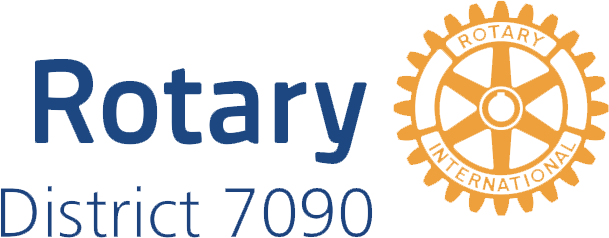
| ||
| ||
The general law makes boards responsible to act in a fiduciary capacity with an eye to the ‘best interests of the club’. All proposals for strategies and significant actions should be brought to the board for approval. Boards are responsible for the actions of the club and reporting on those actions on a regular basis to the members. In the event that your club is incorporated, the general corporate law may impose additional duties on the club’s directors.
A good board of directors who understands what they are doing can make a club better. They do this by ensuring the highest quality decisions are made on any proposal. This, in turn, leads to more sustainable clubs.
When officers wish to propose new actions, boards have a responsibility of due diligence: they are to ask questions of the proponent in order to obtain reasonable assurance that the proposal is consistent with the club’s mission, vision and values and that there is no risk that has not been accounted for nor any other reasonable objection to a proposal.
Sometimes, boards adopt rules such as Roberts Rules of Order and try to run their meetings with motions and amendments tweaking proposals and managing agendas. I always worry about any vote that results in a minority; will that minority subsequently feel slighted and look to actively undermine the perceived majority in the future?
To my mind, a better approach is that club boards are better off to engage in a purposive approach to consensus-building in dealing with difficult issues. There are many points of view that a skilled chair of a board can ensure are presented so that all on a board can be satisfied that they can support the final decision: votes create winners and losers. This might be acceptable for general political processes but can rip a club apart.
This leads to a final point for your consideration: if we expect the president of a club to make the key strategic proposals for their Rotary year, how can we expect them to lead the discussion at the board in a consensus-building fashion? Many corporations have thought about this and concluded that they should split the roles of chair of the board and president. Is this something that would be appropriate to do for a Rotary club board of directors?
